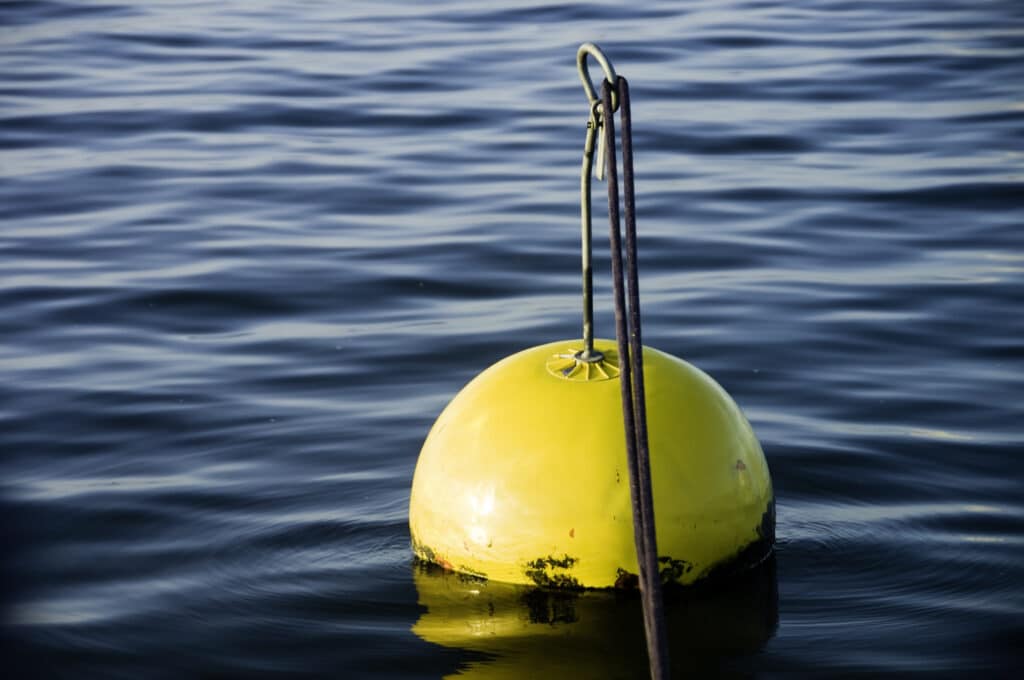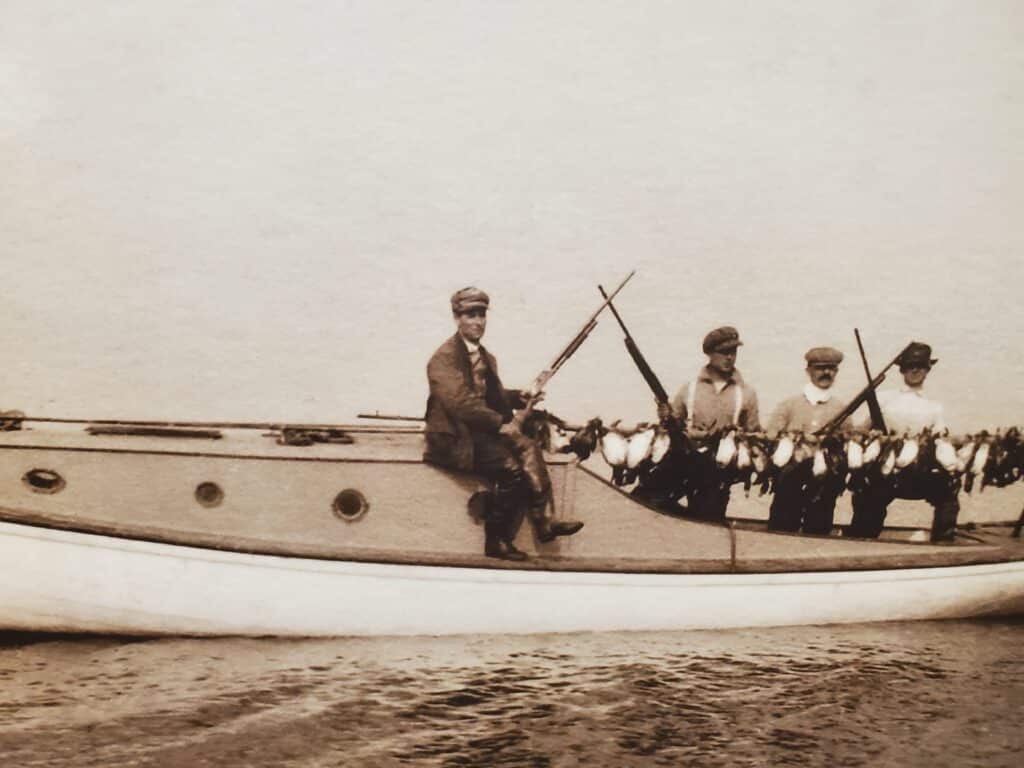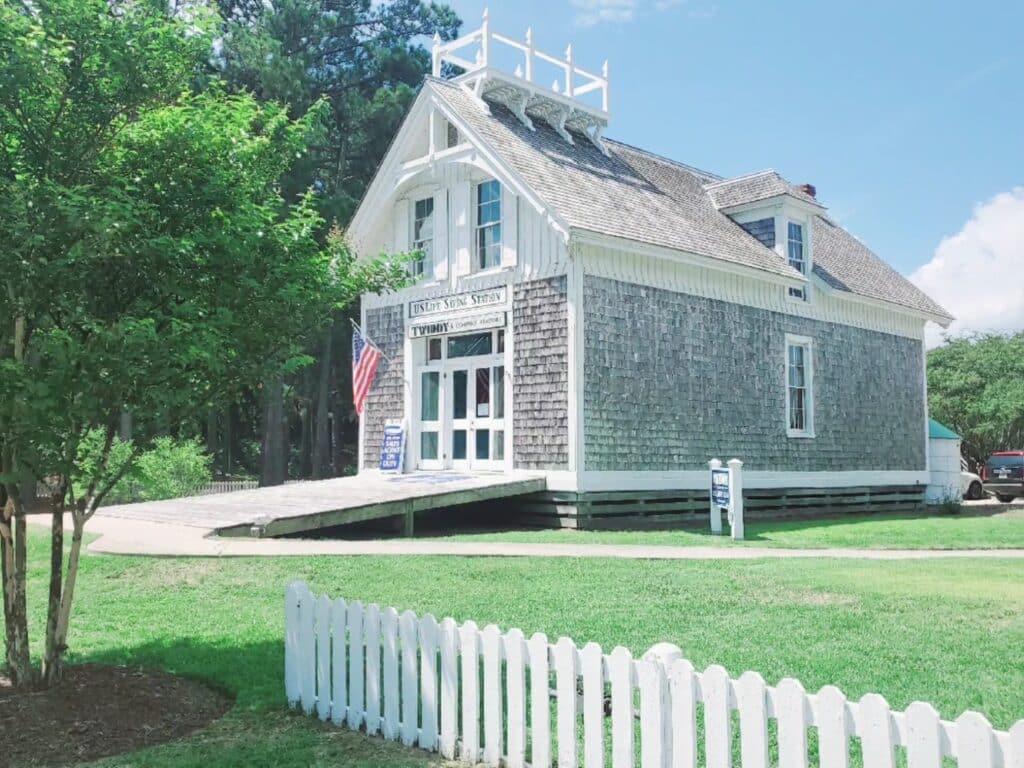Anchors or Buoys?

A recent visit to Corolla’s Maritime Museum prompted me to reflect on whether characters should be anchors or buoys. An anchor holds tightly, tethers a person to a place and time, while a buoy marks a place but adapts to changing tides and circumstances. Characters who hold onto strongly held beliefs or their past can be interesting, even if stubborn. Characters who adapt to shifting dynamics could be equally as interesting as they navigate the challenges of a particular plot, making tough decisions about how to react and change. Which kind of character are you?
Corolla was always a sleepy fishing and hunting village on the Outer Banks of North Carolina. Its past is peppered with stories of grit and charm, an anchored way of life. The fishing skiffs and marshlands reminded us of how folks survived here—off the land and water. This ribbon of barrier islands is known as the Atlantic Flyway where fowl transport themselves in flocks from the north to the south. It has been said that in the past the skies were often darkened with hundreds of migrating ducks—or dinner, as the locals saw it. They were anchored in this life, living off the bounty provided.

Then things began to change. At the turn of the nineteenth century, the locals awakened to the demand of wealthy industrialists from the north who arrived with pockets stuffed with cash and dreams of hunting excursions. They built large, if primitive, hunting lodges to bring their wealthy friends for guided tours out to the duck blinds or out on a flat bottom boat for different crops of fish.
The local boat-building craft changed with the fluctuating needs of the fishing demand of the customer. Boats allowed for more passengers. The building trades adapted to the demands for hunting lodges. As shipping lanes began to pass by the shores, a lifesaving force was created to respond to shipwrecks. Eventually, there was even active moonshine trafficking in the 1920s at the height of the Prohibition, transporting bottles of Currituck Choice (a homebrewed corn whisky) across the Sound. Hey, they adapted. Fast forward a hundred years, and now the primary crop is tourists and vacationers. And the locals have adapted still (maybe with a bit more grumbling.)
In writing, the setting of a story is critical. The history of a place, the changing dynamics, the resources or economic opportunities, and the community’s responses all say something about the people. We are often a product of what we learn and how we are influenced by our hometown. The adaptability of the locals in Corolla demonstrates that they see themselves as buoys, marking a place, but also moving and responding to the changes that time ultimately brings.

We all need anchors in our lives—values, people and places we love, faith, meaningful interests. But we also have all faced the reality of the pace of change, adapting to new technology, pursuing new opportunities as they arise (or are created), and changing to the circumstances that test our flexibility. Perhaps we are both anchors and buoys in the grand scheme. And perhaps it’s just as important to act as such in the lives of those who surround us.
All I know is that I’m now contemplating a story about those Currituck County moonshiners.



I’m a tigergator which is somewhat akin to an anchorbuoy. Sometimes if you don’t move your anchor, you could get run over by a steamship!! If you have never heard of a tigergator, your husband may be a good source of the definition.